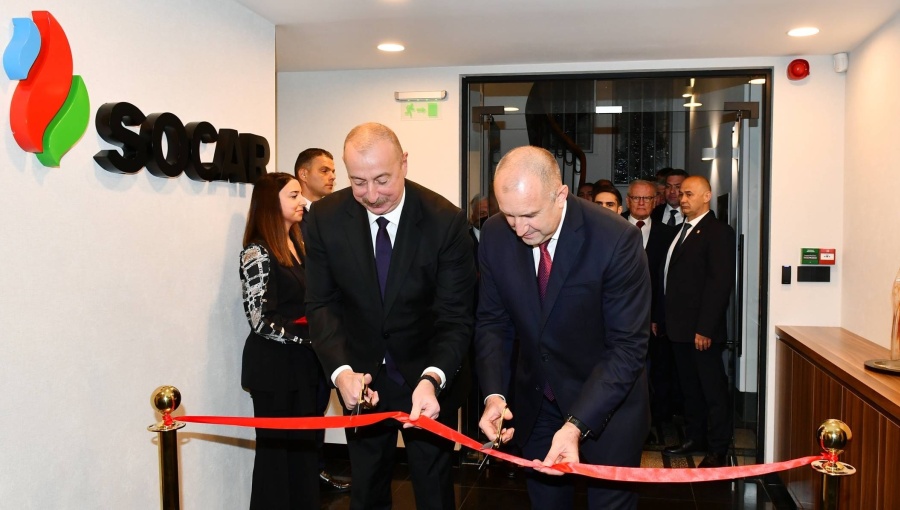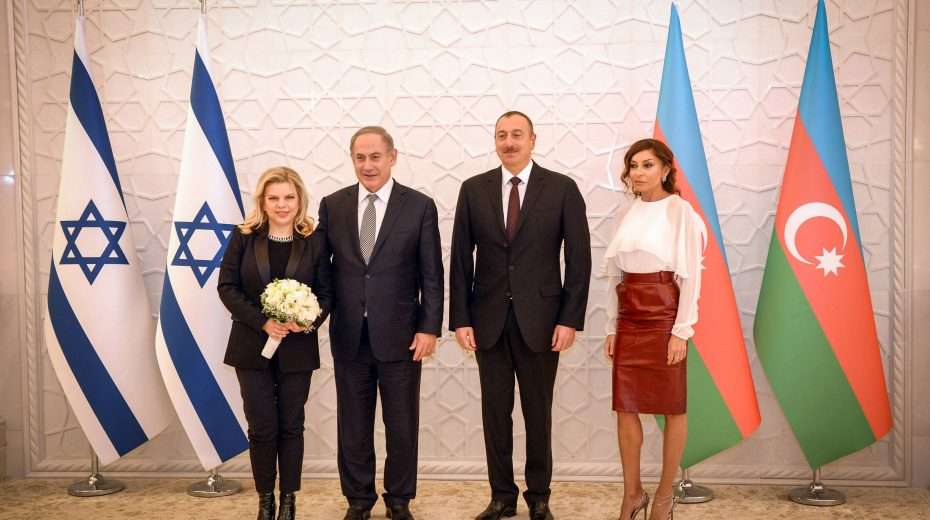
Private military contractors (PMCs) re-emerged as a popular phenomenon in the post-Cold War era, particularly in the early 2000s, when the exodus of war veterans from Western militaries expanded the pool of PMCs. As of today, PMCs operate in most (about 110) countries. Among the top 30 PMCs in terms of financial resources and recruited mercenaries, most were established or have their headquarters in the US (13) or the UK (6).[i] Traditionally, PMCs operate mainly in active armed conflict zones or areas where the political and social situations are unstable. In this vein, their activities are usually coordinated with the foreign policy aims of the countries where they are headquartered.
Unlike the Western countries possessing solid experience in establishing and managing PMCs, this phenomenon has long been a tabu in the post-Soviet region due to those countries’ fragile political situations and the nature of their internal power dynamics. However, the situation changed when the Russian government gave the green light to establish its first PMC – Wagner – in 2011, which would be headed by the Kremlin-linked businessman and former criminal convict Yevgeni Prigozhin. In the beginning, Wagner’s main activities were limited to Syria, the Central African Republic, Mali, Libya, Mozambique, and Sudan, with the aim of providing “security and paramilitary services” to local governments struggling with armed rebellion and frequent terrorist attacks in exchange for resource concessions and diplomatic support.[ii] Hence, Wagner’s services vary based on the needs of client countries. Continue reading →









_01_Cropped.jpg)
